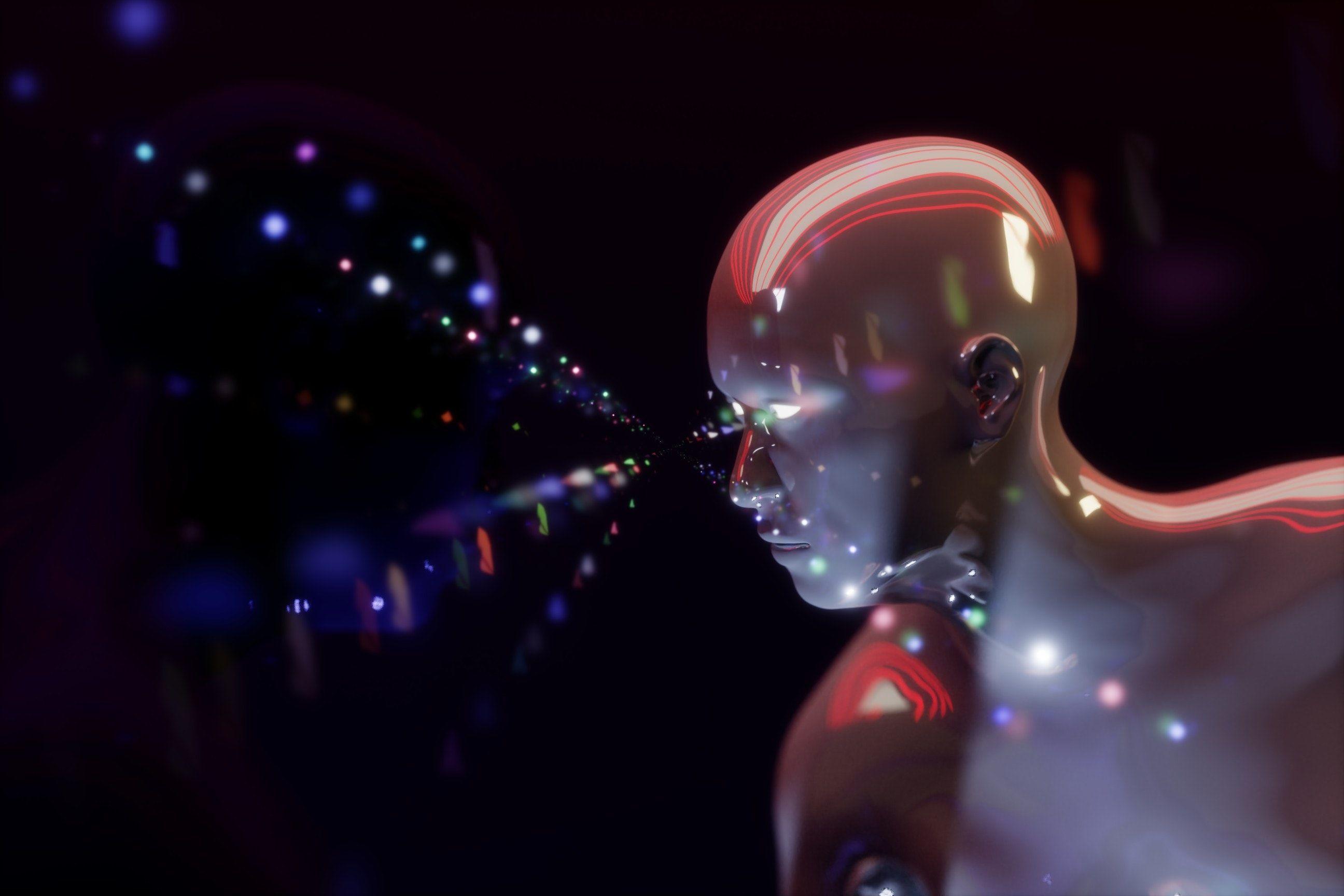
Artificial intelligence, often abbreviated as AI, has emerged as a transformative force reshaping industries, businesses, and our everyday lives. In a world where technology continues to evolve at a rapid pace, AI stands out as a game-changer, offering unprecedented opportunities and capabilities. By mimicking human cognitive functions such as learning, problem-solving, and decision-making, AI has the potential to revolutionize how we work, interact, and innovate. The growing interest and investment in AI research and applications signal a future where intelligent machines work alongside humans, augmenting our abilities and driving progress in ways we could never have imagined.
Applications of AI
In today’s world, artificial intelligence is revolutionizing various industries. One notable application is in healthcare, where AI is used to analyze medical images, predict patient outcomes, and even assist in drug discovery. This technology has the potential to significantly improve patient care and save lives.
Another important use of artificial intelligence is in the field of finance. AI algorithms are employed to detect fraudulent activities, automate trading processes, and provide personalized financial advice. By harnessing the power of AI, financial institutions can operate more efficiently and offer better services to their customers.
Moreover, AI is transforming the way businesses approach marketing and customer service. Companies use AI-powered tools to analyze customer data, improve targeting strategies, and create personalized experiences. This not only enhances customer satisfaction but also boosts sales and overall business performance.
Challenges and Limitations
Developing artificial intelligence systems with human-level intelligence presents numerous challenges. One key obstacle is the lack of common sense reasoning, which can lead to AI making unexpected or irrational decisions. Additionally, ensuring AI systems operate ethically and responsibly raises concerns about bias and discrimination embedded within the algorithms.
Another limitation of artificial intelligence is its inability to truly understand context and nuance in human communication. While AI can process vast amounts of data quickly, it struggles with interpreting subtle cues, emotions, and intentions that humans effortlessly grasp in conversations. This can lead to misinterpretations and errors in interactions.
Furthermore, the reliance on massive datasets for training AI models poses a challenge in terms of data privacy and security. The collection and storage of sensitive information raise ethical questions about the potential misuse of personal data. Striking a balance between innovation and safeguarding individual privacy remains a pressing issue in the development of artificial intelligence.
Ethical Considerations
When delving into the realm of artificial intelligence, it is crucial to address the ethical implications that arise. The ability of AI to make decisions on its own raises questions about accountability and transparency in its operations.
One of the key ethical concerns surrounding artificial intelligence is the potential for bias in decision-making processes. Since AI systems are designed by humans, they may inadvertently reflect the biases present in the data used to train them. This can lead to discriminatory outcomes, especially in sensitive areas such as hiring practices or criminal justice.
Another important ethical consideration is the impact of AI on privacy and data security. With the vast amounts of data that AI systems collect and analyze, there is a risk of breaches that could compromise individuals’ personal information. Striking a balance between utilizing data for innovation and protecting privacy rights poses a significant ethical challenge as AI continues to advance.
